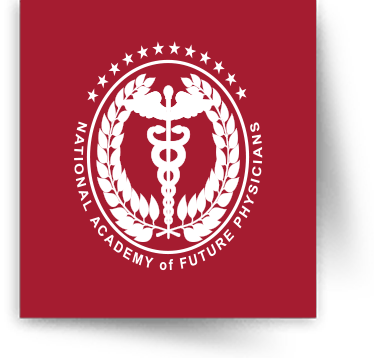Choosing the right high school courses for you

When you apply to college, there are a number of factors schools consider, ranging from the essay to standardized test scores, and even your extracurricular activities. One thing they will look at is your transcript—but maybe not for the reasons you think.
Sure, having a high GPA is great. However, it’s not that simple. Most schools have some kind of system to determine not just your GPA, but the rigor of your courses. For example, a B in AP Statistics might be considered the same as an A in regular statistics. That’s because colleges know how much work goes into more difficult classes.
So what does that mean for you? There will always be classes that aren’t quite as meaningful. Colleges would rather you have a lower GPA if they can see that you chose to push yourself by taking rigorous courses.
- Align enrollment with your future major. If you know you want to apply for an engineering college, focus on physics and science. If English is your jam, try a creative writing class. (Side note: It is MORE THAN OKAY if you don’t know what your major is yet! Most freshmen go in undecided, and many change their majors in the first two years of school. Stay open-minded and try some different things to see what you like.)
- Show your range. If you’re a math lover, you probably want to pack your schedule with calculus and statistics. And that’s amazing! But you also want to show that you’re open to learning about other subjects, too. Try psychology, or an arts class.
- Take AP and IB courses if they are offered at your school. Yeah, these classes can be harder—but if you take the AP exam at the end of the semester, oftentimes, you can actually get college credit and skip some of those gen-eds your freshman year!
- Pick courses that interest you. You don’t want to spend a semester completely miserable just for the sake of looking good on a piece of paper. We know school isn’t always fun—but you can still find something cool and interesting in each class you take.
- Find the balance. Don’t weigh yourself down with 4 APs in one semester. Not only will your grades suffer, but your mental health will, too. At the end of the day, you’re a teenager—you’ll make mistakes, you’ll excel, you’ll fail and you’ll succeed. And that’s what high school is all about.
Above all, remember that one “bad” grade will not ruin your life. Taking a photography course instead of AP Physics won’t make the difference between your dream future and a disappointing life. Try and keep your perspective, and lean on the people around you—your parents, your guidance counselors—for help.



